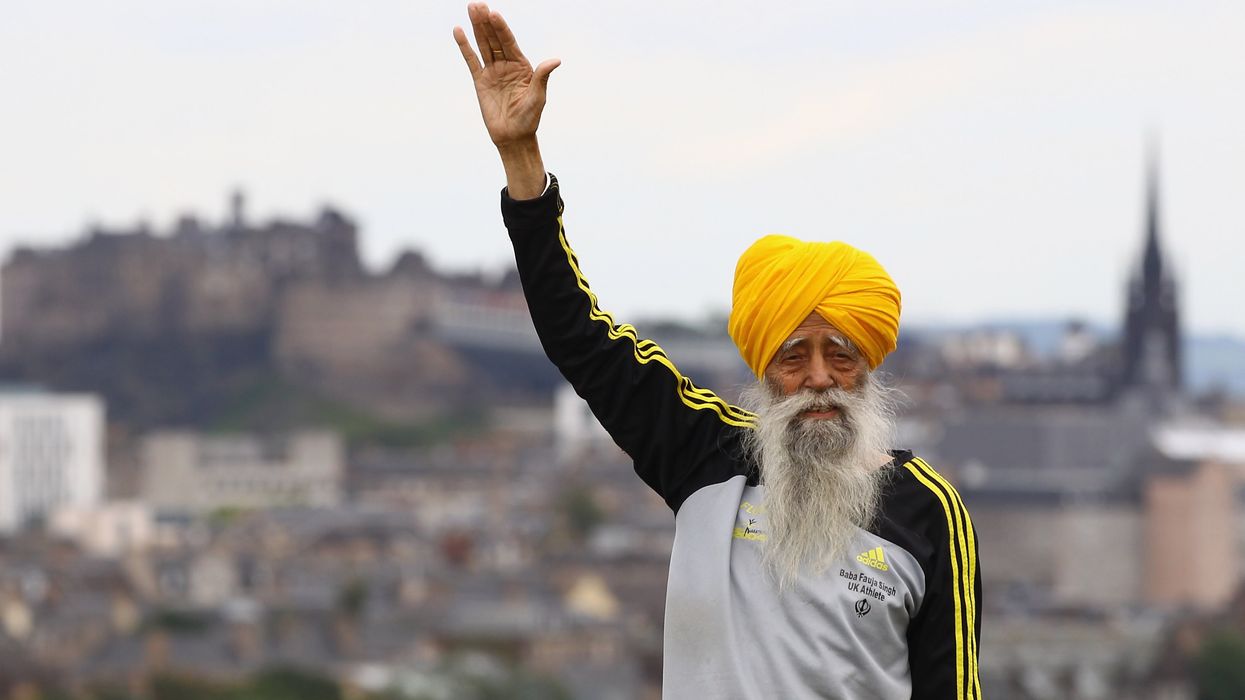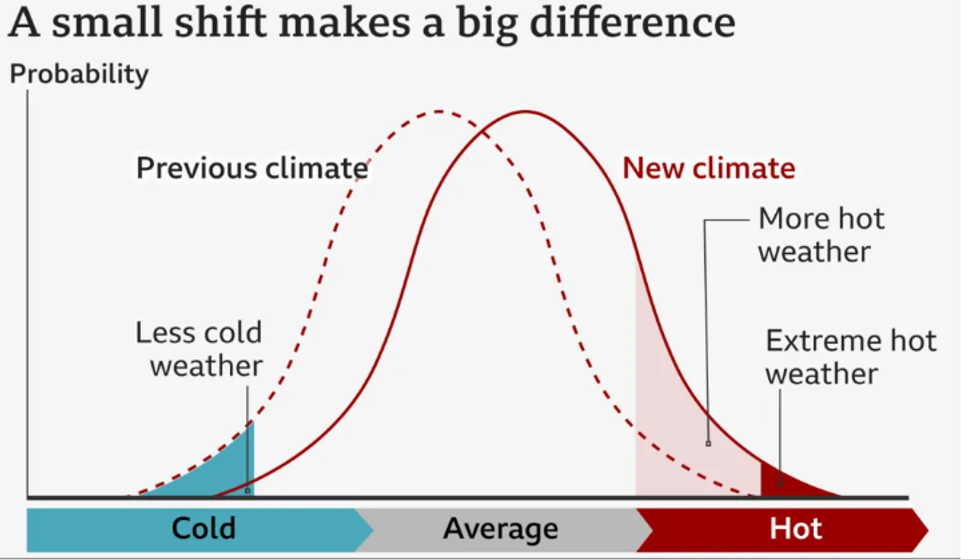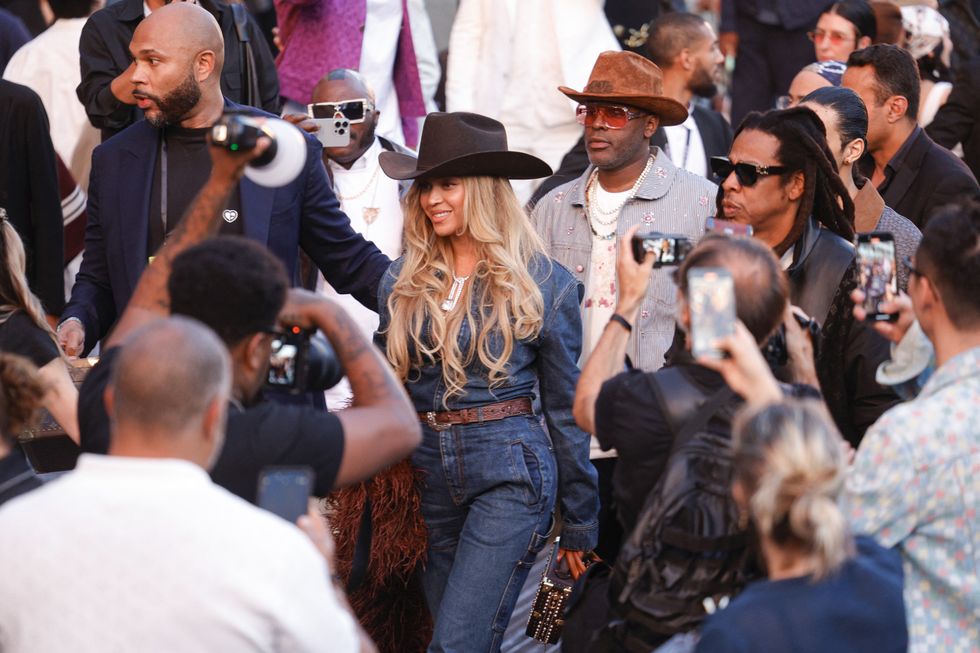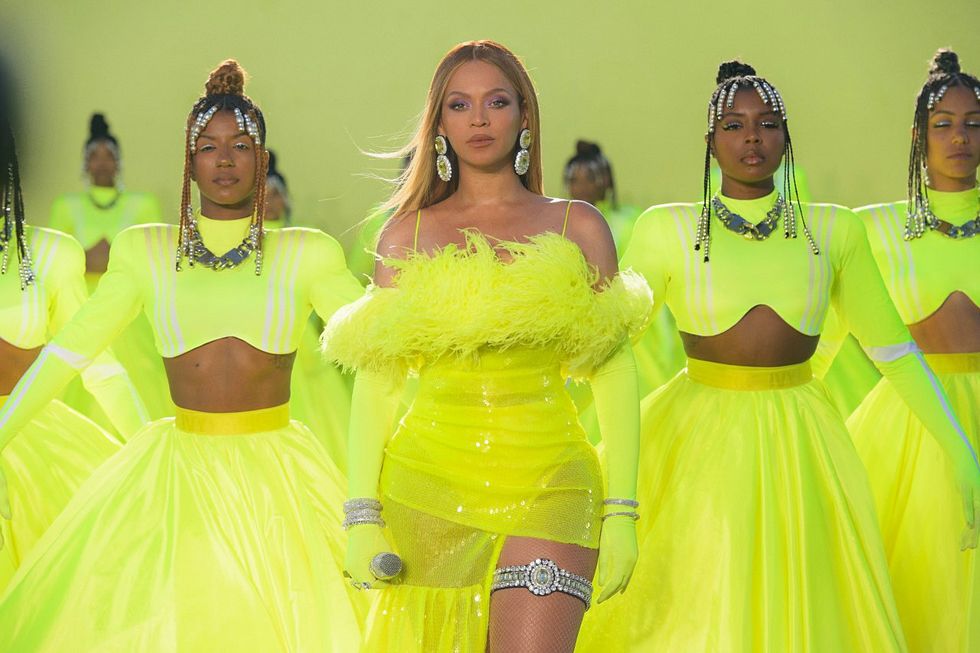A NEW report on Tuesday (26) revealed growing disparities in access to fertility treatment in the UK.
While the number of single patients and female same-sex couples undergoing fertility treatment has increased, these groups remain less likely to receive NHS funding compared to opposite-sex couples, the report by the Human Fertilisation and Embryology Authority (HFEA) pointed out.
The report, Family Formations in Fertility Treatment 2022, noted that female same-sex couples achieved the highest birth rates among all family types. However, opposite-sex couples were three times more likely to receive NHS funding for their first IVF treatment than single patients or female same-sex couples.
In 2022, single patients and female same-sex couples accounted for 16 per cent of all IVF and donor insemination (DI) treatments, up from four per cent in 2012. The number of IVF and DI treatments among these groups grew significantly between 2012 and 2022, with treatments for female same-sex couples increasing from 1,300 to 3,300 and for single patients from 1,400 to 4,800.
The data pointed out that female same-sex couples and single patients achieved higher success rates, with birth rates per embryo transfer exceeding 40 per cent, compared to 35 per cent for opposite-sex couples aged 18-34. The report attributes the lower success rates for opposite-sex couples to underlying infertility issues.
The average age for starting treatment also varied. Single patients were the oldest group, although their average starting age decreased from 37.9 years in 2008 to 36.4 years in 2022. Opposite-sex couples began treatment at an average age of 35.
Between 2018 and 2022, 89 per cent of egg freezing cycles were undertaken by single patients. However, most egg-thawing cycles were by opposite-sex couples (85 per cent), with single patients and female same-sex couples accounting for smaller proportions.
For the first time, the report included data on surrogacy. Surrogacy cycles made up 0.4 per cent of all IVF treatments in 2022, with opposite-sex couples accounting for 39 per cent of these.
Funding disparities were most evident in NHS support. Only 16 per cent of female same-sex couples and 18 per cent of single patients received NHS funding for their first IVF treatment, compared to 52 per cent of opposite-sex couples aged 18-39.
Scotland offered the highest level of NHS funding, with 82 per cent of opposite-sex couples supported, compared to 40 per cent of female same-sex couples and 41 per cent of single patients.
Julia Chain, chair of the HFEA, acknowledged the increasing diversity of family types accessing fertility treatment but highlighted the funding gap.
"While the HFEA does not regulate funding, we encourage those who commission fertility services to review their eligibility criteria and consider whether these have an adverse impact on access to treatment and we hope that this report will generate further discussion," she said.
“We also encourage healthcare providers to make sure the information they provide represents the diversity of families and patients accessing treatment, so that everyone can receive an inclusive experience."







 Lokesh Kanagaraj reacts to Sanjay Dutt’s Leo remark admits writing flaws in the film
Lokesh Kanagaraj reacts to Sanjay Dutt’s Leo remark admits writing flaws in the film Lokesh Kanagaraj responds to Sanjay Dutt’s criticism over Leo role with honest admissionInstagram/
Lokesh Kanagaraj responds to Sanjay Dutt’s criticism over Leo role with honest admissionInstagram/ 









 Sea levels around the UK are now rising faster than the global averageUS EPA
Sea levels around the UK are now rising faster than the global averageUS EPA



 Beyonce attend the Louis Vuitton's Menswear Ready-to-wear Spring-Summer 2026 collectionGetty Images
Beyonce attend the Louis Vuitton's Menswear Ready-to-wear Spring-Summer 2026 collectionGetty Images  Beyoncé continued her Cowboy Carter tour in Atlanta despite the setbackGetty Images
Beyoncé continued her Cowboy Carter tour in Atlanta despite the setbackGetty Images  Beyoncé’s choreographer and dancer reported sensitive materials missing from their rental carGetty Images
Beyoncé’s choreographer and dancer reported sensitive materials missing from their rental carGetty Images Beyoncé’s team hit by major theft in Atlanta as unreleased music goes missingGetty Images
Beyoncé’s team hit by major theft in Atlanta as unreleased music goes missingGetty Images